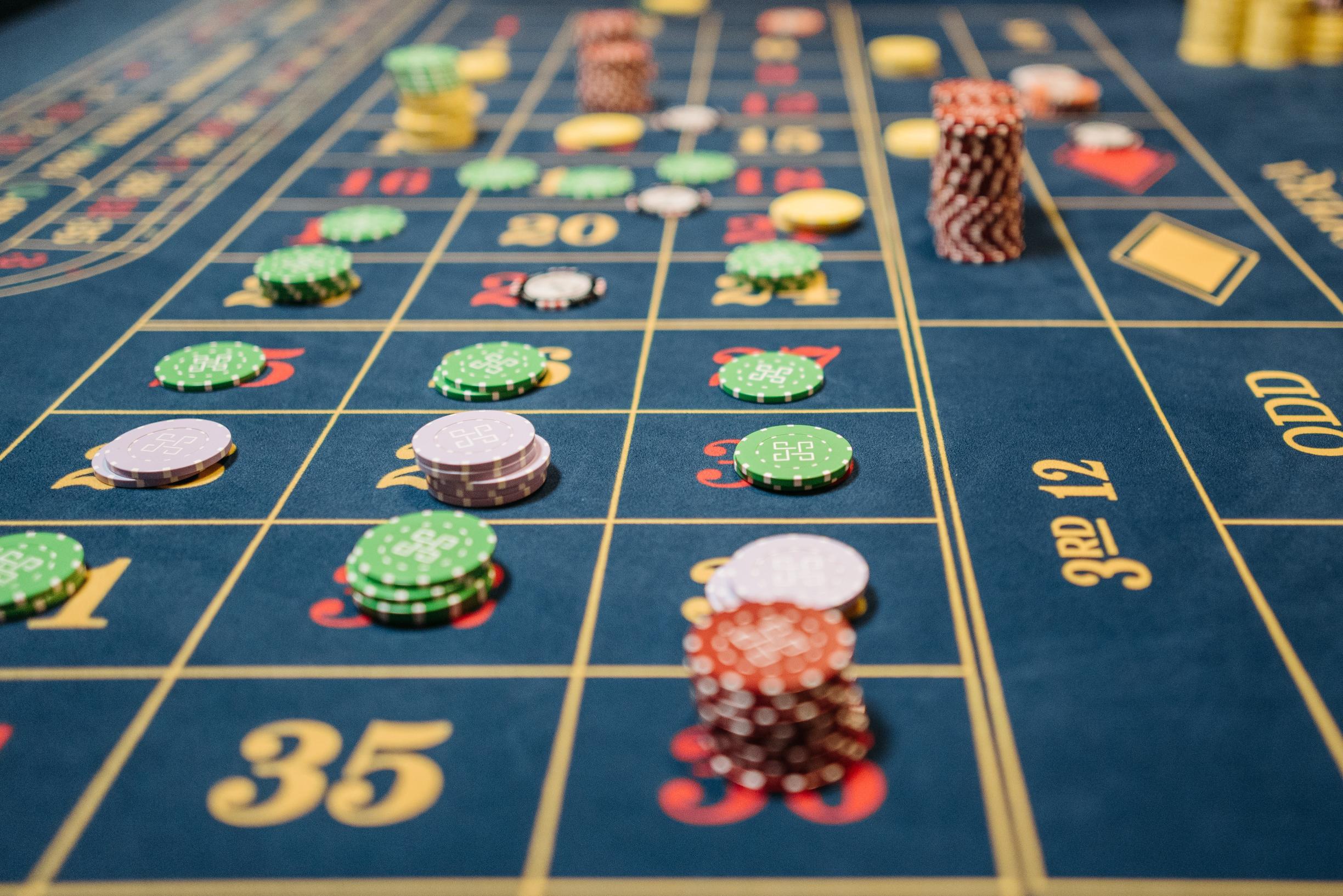1. FIFA Ultimate Team (FUT) Packs: EA Sports’ FIFA franchise has faced intense criticism for its use of loot box mechanics in the sale of player packs within its FUT mode. Many players and regulators argue that these packs resemble a form of gambling, as they require real or virtual currency to purchase, with randomized rewards often of varying value.
2. Overwatch Loot Boxes: Blizzard’s popular team-based shooter Overwatch faced similar backlash for its loot boxes. Critics argue that the randomized contents of these boxes, which can include in-game cosmetic items, create a gambling-like experience.
3. Star Wars Battlefront II: This game attracted controversy in 2017 due to its heavy reliance on loot boxes to progress and unlock certain characters. However, its impact continued into this year, as legislators and regulators worldwide reviewed loot box mechanics following the backlash.
4. NBA 2K Series: The NBA 2K series, developed by 2K Sports, has faced criticism for its in-game currency system, which can be used to purchase loot boxes. Players argue that the randomized rewards and spending real money on virtual items resemble a form of gambling.
5. Gambling Laws and Regulatory Scrutiny: Many countries and jurisdictions started examining the legality of loot box mechanics this year. Belgium, for instance, declared loot boxes as gambling and banned their sale in video games. This triggered debates and discussions worldwide about the need for stronger regulations.
6. Gaming Industry Self-Regulation: In response to the controversies, some game developers, like Electronic Arts, introduced measures to disclose loot box odds, aiming to provide transparency and avoid potential legal implications. However, concerns remain about the effectiveness of self-regulatory practices.
7. Player Advocacy Groups: Various player advocacy organizations, such as the National Committee for Games Policy in the UK and the Coalition of Americans for Research on Loot Boxes, emerged this year to fight against loot boxes and push for stricter regulations.
8. Impact on Younger Players: Concerns have been raised about the psychological impact of loot boxes on younger players, who may be more vulnerable to developing gambling-related behaviors. Many argue that loot boxes can lead to addictive patterns even in underage audiences.
9. Legal Actions and Lawsuits: Several lawsuits have been filed against game developers for the inclusion of loot boxes. Some argue that loot boxes constitute illegal gambling and accuse developers of targeting vulnerable players.
10. Loot Box Bans and Restrictions: Following Belgium’s ban, other countries like the Netherlands and China have taken steps to restrict or regulate loot box mechanics within video games. These actions have further sparked debates about how loot box mechanics should be handled globally.
It is worth noting that controversies surrounding loot boxes and in-game gambling evolve rapidly, and new developments or controversies may arise throughout the year.



